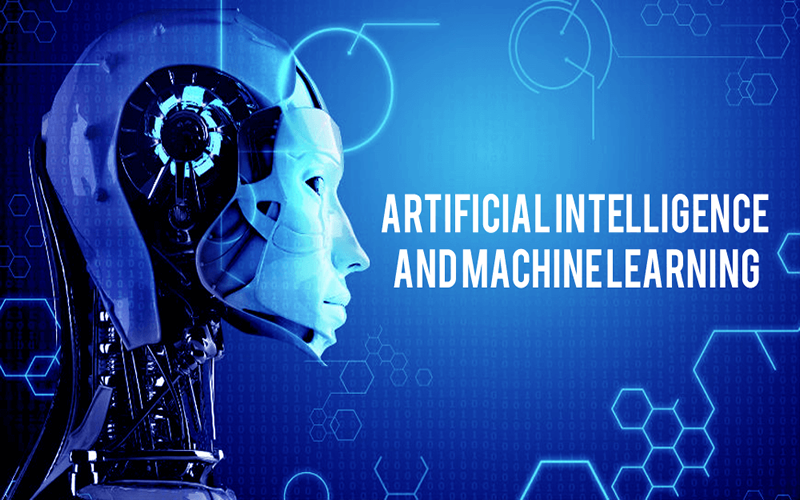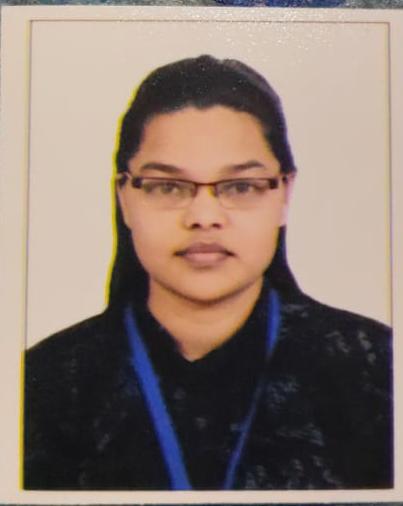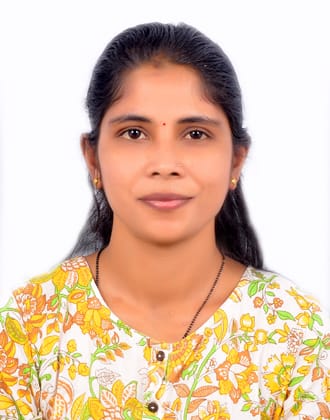Course Features:
- Fees: As per guideline
- Duration: 4 years
- Semester: 8
- Lessons: 8
- Course type: Full Time
- Total Seat: 60
- Year of Start: 2022
- General Choice: 419291110
- TFWS Choice Code: 419291110
NIETM offers a four-year undergraduate B.Tech course in Artificial Intelligence and Machine Learning which aims to develop a strong foundation by using the principles and technologies of many facets of Artificial Intelligence including logic, knowledge representation, probabilistic models, and machine learning. This c







NIETM offers a four-year undergraduate B.Tech course in Artificial Intelligence and Machine Learning which aims to develop a strong foundation by using the principles and technologies of many facets of Artificial Intelligence including logic, knowledge representation, probabilistic models, and machine learning. This course is suitable for students seeking to build world-class expertise in Artificial Intelligence and Machine Learning. Emerging technologies which help to stand in the crowd and grow careers in the upcoming technological era.
The course is designed to give the students enough exposure to the various applications that can be built using techniques covered under this program. They shall be able to apply AI/ML methods, techniques, and tools to the applications. The students shall explore the practical components of developing AI apps and platforms. Proficiency in mathematics will prove to be beneficial as this degree requires strong problem-solving and analytical skills. They shall be able to acquire the ability to design intelligent solutions for various business problems in a variety of domains and business applications. The students shall be exploring fields such as neural networks, natural language processing, robotics, deep learning, computer vision, data science, IoT, reasoning, and problem-solving. The key objective is to identify logic and reasoning methods from a computational perspective and learn about agents, search, probabilistic models, perception and cognition and machine learning.
B. Tech in CSE (AI&ML) is offered by the Computer Science and Engineering Department provides budding engineers with a spectacular array of courses dedicated to frontiers in the field of Artificial Intelligence and Machine Learning (AI&ML) with a foundation of Computer Science and Engineering. The 4-year full-time program presents exposure to hands-on technologies to create applications and solutions for the world that we live in.
This is an exciting period for the Computer Science and Engineering profession, as the rapidly changing technology creates many opportunities and challenges. Department of Computer Science and Engineering (AIML) is prepared to meet the challenges and is playing a important role in shaping the education of the 21st century by providing unique educational and research opportunities at the forefront of Artificial Intelligence and Machine learning and their applications.
The Department of Computer Science and Engineering (AIML) established in the year 2021-22 with the intake of 60, offers UG programs in Computer Science and Engineering at Nagarjuna Institute of Engineering, Technology and Management, Nagpur. The Department is working hard to make students who are well acquainted with the core domain areas in Computing as well as enhanced programming skills and who will be able to disseminate their analytical abilities.
Our aim is to provide our students the lifelong learning and leadership skills that enable them to grow in their professions and advance to positions of responsibility through effective Industry-Institute Interaction.
NIETM offers an excellent infrastructure with ‘State of the Art’ Computer Laboratories. All the computer labs are well equipped with the latest computer configuration, peripherals, and software.








After completion of graduation in Computer Science & Engineering (AIML), students will be able to:
PEO1:
Analyze problems and develop optimized Hardware and Software solutions for Society.
PEO2:
Have the knowledge of fundamental engineering theory and able to Innovate.
PEO3:
Continue to learn and to adapt Technology Developments combined with deep awareness of ethical responsibilities in Profession.
PSO1:
Pertain current knowledge and adapting to emerging applications of Mathematics, Science and Engineering fundamentals in the field of Computer Science and Engineering.
PSO2:
Exhibit proficiency through latest technologies to business and personal situations in demonstrating the ability for work efficacy as a part of team and apply professional behavior and ethics.
PSO3:
Acquaint with the contemporary trends in industrial/research settings and thereby innovate novel solutions to existing problems.
BTech Computer Science and Engineering (AI&ML) graduates will be able to:
PO1: Engineering knowledge: Apply the knowledge of mathematics, science, engineering fundamentals, and an engineering specialization to the solution of complex engineering problems.
PO2: Problem analysis: Identity, formulate, review research literature, and analyze complex engineering problems reaching substantiated conclusions using first principles of mathematics, natural sciences, and engineering sciences.
PO3: Design/development of solutions: Design solutions for complex engineering problems and design system components or processes that meet the specified needs with appropriate consideration for public health and safety, and the cultural, societal, and environmental considerations.
PO4: Conduct investigations of complex problems: Use research-based knowledge and research methods including design of experiments, analysis and interpretation of data, and synthesis of the information to provide valid conclusions.
PO5: Modern tool usage: Create, select, and apply appropriate techniques, resources, and modern engineering and IT tools including prediction and modeling to complex engineering activities with an understanding of the limitations.
PO6: The engineer and society: Apply reasoning informed by the contextual knowledge to assess societal, health, safety, legal and cultural issues and the consequent responsibilities relevant to the professional engineering practice.
PO7: Environment and sustainability: Understand the impact of professional engineering solutions in societal and environmental contexts, and demonstrate the knowledge of, and need for sustainable development.
PO8: Individual and team work: Function effectively as an individual, and as a member or leader in diverse teams, and in multidisciplinary settings.



